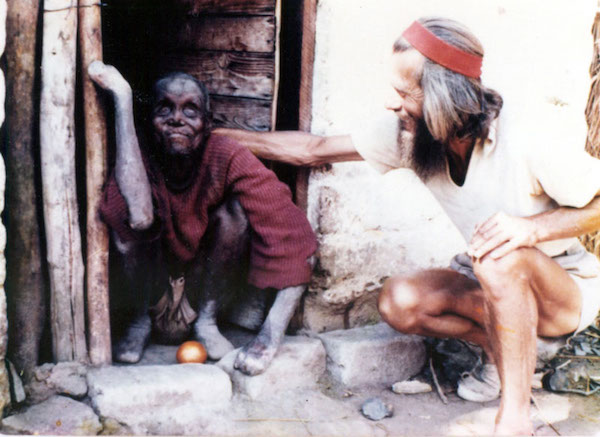One year on from the invasion of Ukraine, I recall the shocked horror I felt as the catastrophic events there first to unfold, and I think of its ongoing impact.
In particular, many people have been displaced by the war, forced to escape their homes, some still struggling to find safe haven, all looking on in horror. Our society has responded with deep compassion towards them, and galvanised a deeply anti-refugee government to do something to help.
In a context where so many refugees bear similar burdens to Ukrainian, this should give us hope. It should also show us what is possible.
In the immediate aftermath of the invasion, I reflected on the outpouring of public sympathy and compassion towards Ukrainian refugees in the UK and across Europe.
Families and individuals desperately wanted to welcome those in need of sanctuary from the war, and in many cases were eager to open their homes to them. I also wrote about how the UK government’s response was more complex and left much to be desired.
The Homes for Ukraine scheme opened a route by which some Ukrainians could travel to the UK safely, without fear of facing legal penalties. However, this was in a wider policy context, as the government prepared to pass the Nationality and Borders Bill that would punish refugees for travelling in the only way available to them.
The government’s response to Ukrainian refugees was hampered by its cruel commitment to punishing refugees for travelling without prior authorisation. It refused to follow EU countries in waiving visas for Ukrainians seeking sanctuary, and many struggled to reach the UK as a result.
A year on, as the war in Ukraine continues, public policy towards refugees in the UK has predictably deteriorated further: since the invasion of Ukraine, the government has passed the Nationality and Borders Act and made plans forcibly and permanently to transfer people seeking asylum to Rwanda and to increase the use of immigration detention, which subjects people to deep trauma.
The Home Secretary has compared people seeking sanctuary to an “invasion” and refused to apologise for her language even when challenged on it by a Joan Salter, a Holocaust survivor warning of its potentially dangerous consequences.
Nor is this anti-refugee hostility confined to the sphere of public policy. On 10 February, members of the far right led violent protests outside a hotel in Merseyside housing asylum seekers. Joan Salter’s warning about dehumanising language seems all too prescient. The situation feels bleak.
Yet, at the same time, we continue to see compassion, welcome, and solidarity towards Ukrainians from communities across the UK.
Over the last year, the public has responded to Ukrainians seeking sanctuary with an outpouring of sympathy, welcoming them into British communities. In the face of the horror in Ukraine, we have seen a strong and widespread desire to welcome refugees.
Communities across the UK have welcomed over 100,000 Ukrainians, under a scheme that, in England, relies on individuals opening up their homes to make it work at all.
Here there is a deep hospitality towards the stranger. It reminds us that the anti-refugee protestors do not represent British communities, but that kindness and welcome is found there.
And at the Jesuit Refugee Service, we see such kindness on a daily basis, from those who host refugees and the many others who give and volunteer to support them.
In the hosting of refugees, Ukrainians and others, on the one hand, and violently protesting against them, on the other, we have two starkly different attitudes to human beings in need – one of support and welcome, the other of dehumanisation and destruction. Either could shape public policy.
In the response to Ukraine, we see government policy that has, however imperfectly, adopted the first attitude under public pressure. Though there is still much more that should be done for Ukrainian refugees, this begins to show us what policy towards refugees could look like, and it shows us that there are communities eager to see such a change.
The violence and destruction that began a year ago with the invasion of Ukraine is unabated. War continues to displace people, and those who escaped a year ago remain exiled from home. And this is happening in so many other parts of the world as well.
But another world is possible. And we can play a part in building it. We can stand in solidarity with the displaced, but that requires a new approach.


 Loading ...
Loading ...
What do you think?
You can post as a subscriber user ...
User comments (0)